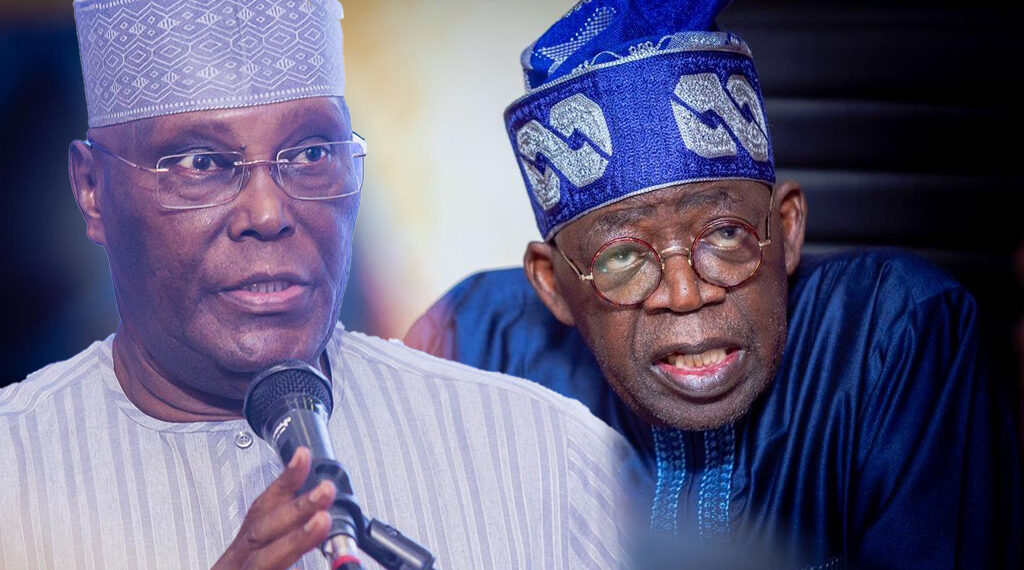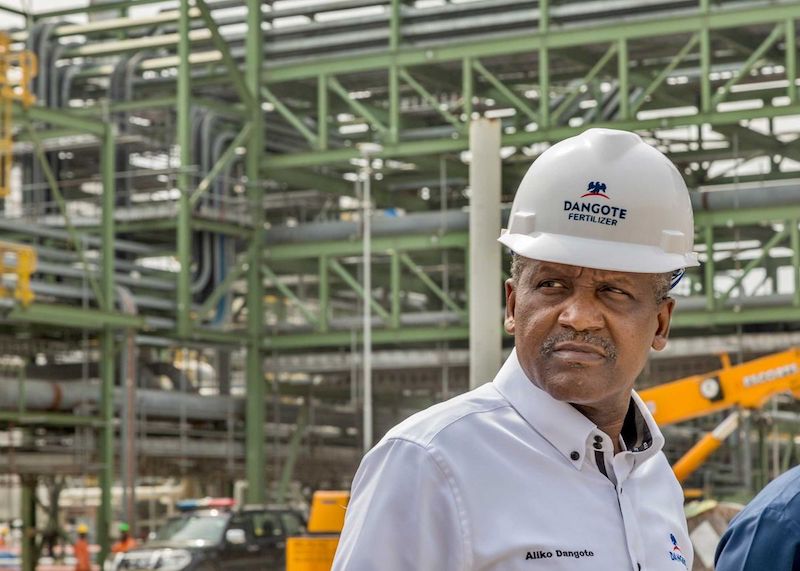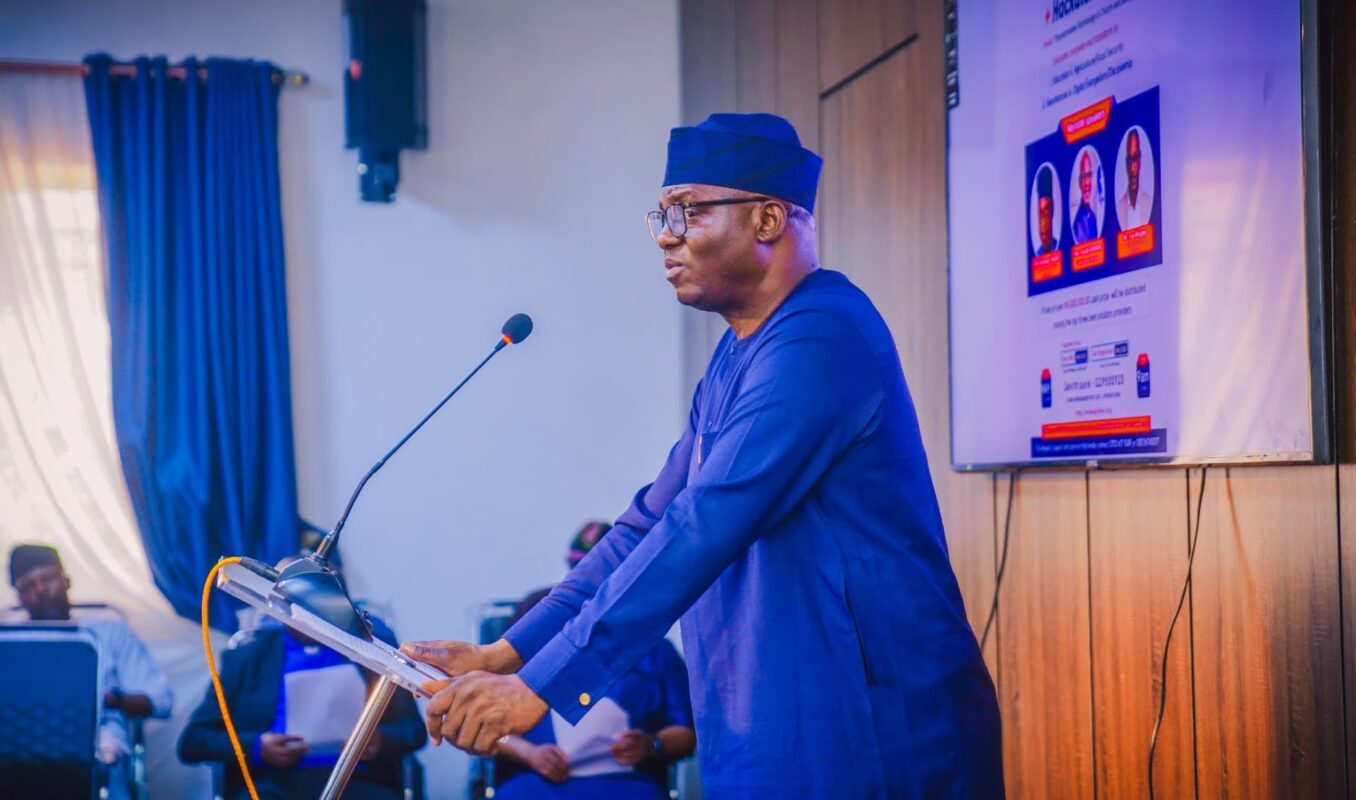Atiku Abubakar Challenges President Tinubu on Local Procurement and Self-Reliance Policy
Abuja, Nigeria – Former Vice President and 2023 presidential candidate of the Peoples Democratic Party (PDP), Atiku Abubakar, has issued a bold challenge to President Bola Tinubu, urging him to fully embrace a policy aimed at prioritizing Nigerian interests in government procurement and economic decisions.
The call comes amid growing debates on national self-reliance and comes as the administration faces scrutiny over its commitment to local industries.
Atiku’s challenge centers on a key policy initiative that emphasizes “Nigeria first” in all procurement processes. Under this policy, no foreign goods or devices that are already manufactured locally would be purchased without a compelling and justified reason.
Speaking in a statement released through his media office, Atiku criticized what he perceives as inconsistencies in the government’s approach to economic nationalism, particularly in light of recent ministerial remarks.
The policy in question was highlighted by an unnamed minister in a recent address, who described it as a transformative step toward building a “bold, confident, and very Nigerian” business culture. “Now this seeks to foster a new business culture that will be bold, confident, but also very, very Nigerian.
It aims at making the government invest in our people and our industries by changing how the government spends money, how we procure, and how we also build our economy,” the minister stated during a public briefing.
Atiku, however, went further in his response, linking the policy to broader issues of national pride and self-sufficiency. He specifically called out the practice of Nigerian leaders, including high-ranking officials, traveling abroad for medical treatment while simultaneously advocating for domestic development. “The era of jetting off to foreign hospitals for treatment, even as we preach self-reliance, must end,” Atiku declared.
He argued that such actions undermine the very principles of the procurement policy, sending a mixed message to citizens and investors alike.
This is not the first time Atiku has publicly clashed with President Tinubu’s administration. As the PDP’s flagbearer in the 2023 presidential election, which Tinubu won amid controversies, Atiku has positioned himself as a vocal opposition figure.
His challenge comes at a time when Nigeria’s economy is grappling with inflation, foreign exchange shortages, and a push for import substitution strategies.
Analysts suggest that policies like the one in question could help bolster local manufacturing and reduce the country’s dependence on imports, potentially creating jobs and stimulating economic growth.
President Tinubu’s administration has not yet issued an official response to Atiku’s remarks, but sources within the government indicate that the policy is already being implemented in select sectors.
For instance, recent directives from the Ministry of Trade and Investment have emphasized local content in public contracts, aligning with the minister’s vision.
However, critics, including Atiku, point to ongoing issues such as the importation of essential goods and the reliance on foreign expertise in critical areas like healthcare as evidence of gaps in execution.
Atiku’s statement has sparked reactions on social media, with supporters praising his stance as a necessary push for accountability, while others accuse him of political grandstanding.
In a nation where economic policies often intersect with political rivalries, this exchange underscores the ongoing tension between opposition leaders and the ruling All Progressives Congress (APC).
As Nigeria navigates its post-election landscape, calls for genuine self-reliance continue to gain traction. Atiku’s challenge serves as a reminder of the delicate balance between rhetoric and action in shaping the country’s economic future.
Whether President Tinubu will heed this call remains to be seen, but it adds another layer to the national discourse on building a more resilient and self-sufficient Nigeria.



